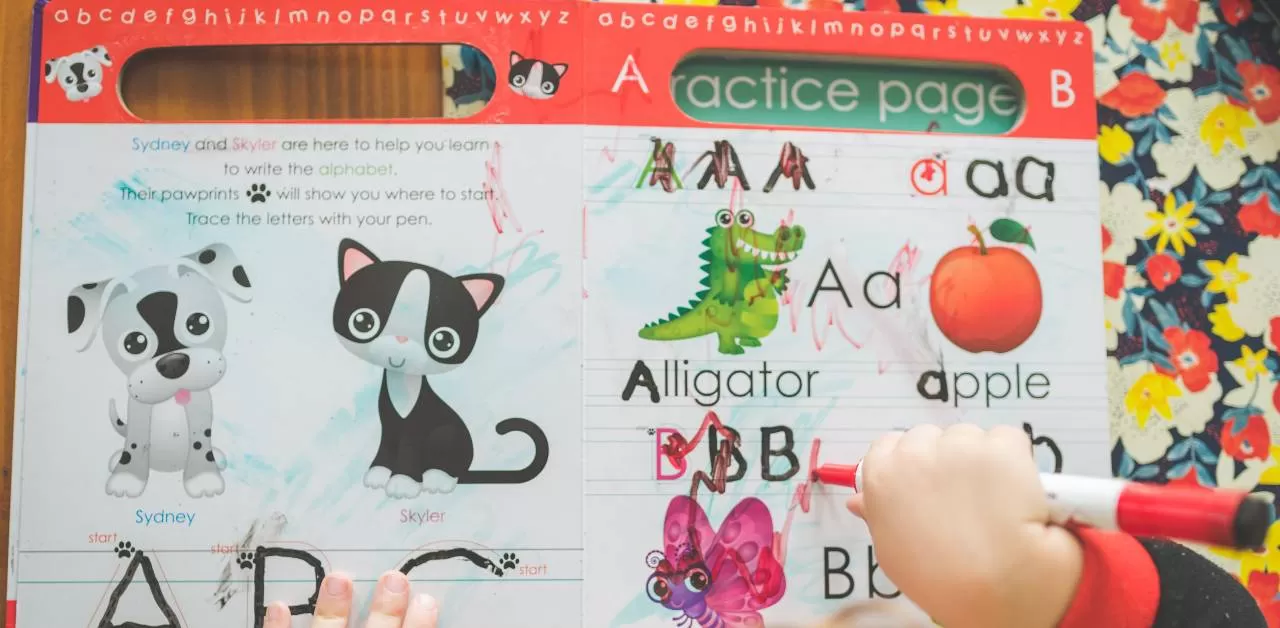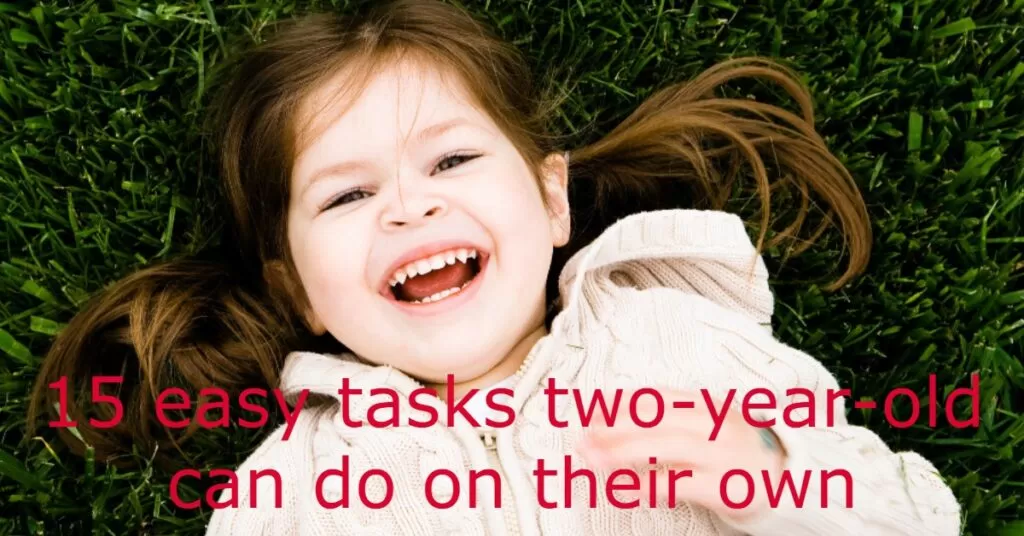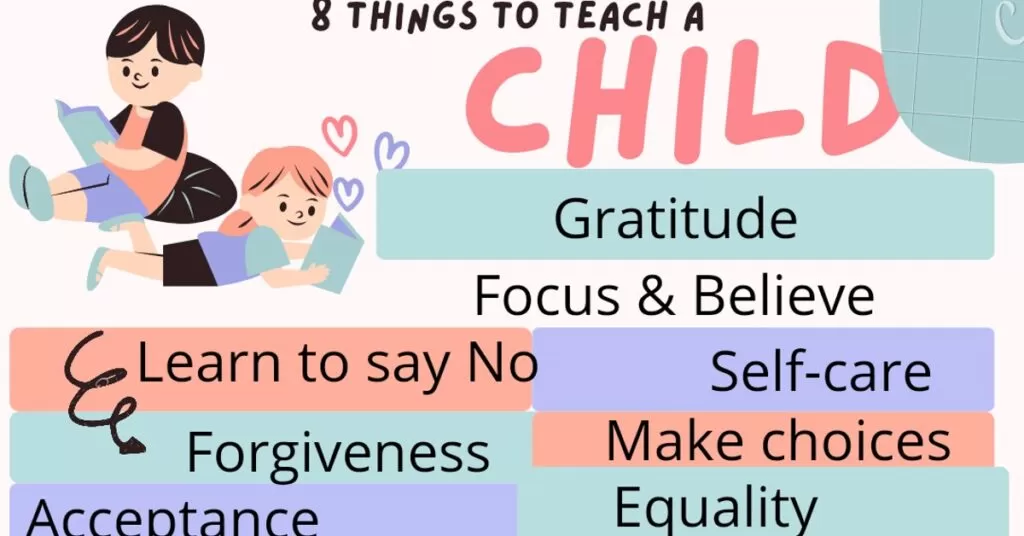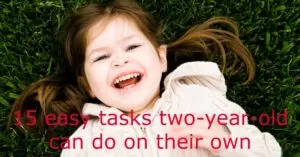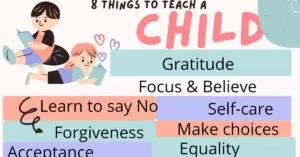Many parents struggle to find parenting tips for preschoolers,that actually work, especially when they’re dealing to get their child ready for Kindergarten. Preschoolers are at such an important stage in their development, and the right advice at this time can make all the difference in the future success of your child.
Preschoolers need to be exposed to more than just toys and video games; they require learning opportunities every day to help them develop healthy life skills and character traits that will help them succeed later in life.
Parenting preschoolers can be one of the most rewarding, yet challenging, times in your life. Many parents wish to know parenting tips for preschoolers and the best way to get their child ready for kindergarten as these children are just beginning to grow and develop their personalities, forming the habits that will determine their futures as adults. The way you handle your preschooler now will have a lasting impact on how they turn out later in life, which means you need to be intentional with your approach if you want them to be well-behaved adults one day.
Related articles you might like
Table of Contents
How To Navigate These Early Years?
Parenting isn’t easy, no matter what the age of your child, but the challenges can be especially tricky if you’re dealing with a preschooler, when they’re at that stage where they still need your guidance and supervision every day but are beginning to assert their independence, too.
Becoming a parent can be quite challenging, difficult, or stressful especially if you’re doing it solo or with your first child. However, raising children can be rewarding too. Parenting your preschooler is hard work, but there are things you can do to make it easier on yourself by knowing some useful parenting tips for preschoolers.
With so many different parenting styles out there, it’s hard to know what techniques will work best and which ones to avoid when you’re raising preschoolers. Although you are bound to make mistakes along the way, positive parenting tips will help you understand your child and nurture them into an adult who can function on their own. Whether you have been a parent for years or are just getting started, these tips will help you get the most out of your time with your preschooler.
To help you navigate the sometimes-winding road of parenting, that will help you to balance your role as an authority figure with your role as an understanding parent in order to give your child the guidance and support they need to grow into a successful adult, here are seven great parenting tips for preschoolers that you can use with your kids.
This post contains affiliate links, which means I may be compensated when you purchase after clicking a link, with no added cost to you.
7 Parenting Tips For Preschoolers That Actually Work
Here are 7 parenting tips for preschoolers that actually work, from changing diapers to getting your child to sleep at night to teaching them how to hold a pencil correctly—and lots more!
Learn About Their Development
Child growth and development refers to the way children go through physical, cognitive, and emotional changes as they age. Parenting can be challenging enough even when you’re equipped with the right information.
As a parent, it’s your responsibility to ensure that your child grows up as healthy, happy, and successful as possible. That’s why it’s important to make sure you keep track of their physical, mental, emotional, and social growth throughout the years—and be able to spot warning signs of problems in any one of these areas when they pop up. Parents should know about child’s growth and development so they can play an active role in ensuring their child’s well being.
Parents often ask, What should I expect my child to learn in school this year? or When should my child learn to read? These questions are easier to answer than the more basic question, What should I expect my child to learn between birth and the end of elementary school? If you know what children are learning during this time, you can help your child reach their full potential. With that in mind, here are some of the most important facts to know about child’s growth and development, all parents should know about their children’s growth and development from birth through early adulthood. Try these Writing Practice Boxset
RELATED : How to impart discipline to children?
Listen before you talk
There are many aspects to child growth and development, but there’s one area that parents can make the biggest impact on, and yet do the least about it. The next time you’re chatting with your child, try listening more than you talk and see what happens. You might be surprised at the results of this seemingly small act of kindness toward your child.
Parents want the best for their children, but it’s important to remember that best does not mean same. The best approach to child growth and development begins with listening to the unique needs of your child, rather than comparing them to other kids or demanding the same developmental trajectory as others.
Parents play an important role in the growth and development of their children, but this doesn’t necessarily mean they should be front and center in all aspects of their child’s life, particularly when it comes to discipline. To ensure that your child grows up into a well-adjusted, successful adult, listen to your child before you start talking—you’ll be much more likely to find long-lasting solutions to behavior problems if you do.
Give Them Choices
Did you know that one of the biggest factors in ensuring the health and happiness of your child is giving them choices? That’s right, giving children freedom to make their own decisions encourages growth and development on multiple levels. This isn’t to say that you should let your kids run rampant and make poor choices that could cause harm, but it’s important to remember that you have more influence over them than you might think. The power of giving choices to children can foster their self-esteem, boost creativity, increase their happiness, and even improve their academic performance!

Choices are incredibly powerful, and how we make them impacts both our own growth and development as well as that of our children. How we choose to act makes all the difference in our everyday lives, and even small choices can have lasting effects on how we interact with the world around us. When it comes to child growth and development, giving kids choices can be an invaluable tool in helping them reach their full potential in every way imaginable. The more they are given control over their own lives, the more they will develop into responsible adults who continue to make good choices every day.
It can be difficult to know what’s right and wrong when you’re raising children, especially when you consider the many different parenting theories that are out there. Although it might seem like there’s no surefire way to bring up happy, healthy kids, it turns out that giving your children choices at every step of the way will help them develop important decision-making skills and create healthier patterns of behavior over time.
Positive reinforcement is key
Positive reinforcement reinforces what the child is doing right rather than concentrating on what the child is doing wrong. It increases the likelihood that the behavior will be repeated. It supports your child’s positive deeds and qualities through enthusiasm, appreciation, acknowledgement, descriptive encouragement, and natural, logical rewards.
You can also offer positive reinforcement by giving a child extra privileges or tangible rewards. For example, if your child cleans their room without being asked, you could take them to the playground as a reward. Chances are that they’ll be more motivated to clean their room again.
Create Rules And Enforce Them
Rules help to keep children safe and help them develop positively by guiding them towards understanding what’s socially acceptable and what isn’t, and how to treat people well. These rules are often made clear to children from an early age, but if you haven’t already started enforcing the rules you set out with your child, now’s the time to start! Follow these simple steps for establishing clear rules for your child and helping him or her understand why they’re important as well as making sure he or she follows them consistently throughout his or her life.
As every parent knows, creating and enforcing rules can be one of the most difficult parts of raising children. While creating rules gives children structure and helps to build character, they can also restrict their freedom and prevent them from enjoying the activities they love most.
Parents play a huge role in the growth and development of their children, both mentally and physically. However, there are often times when parents need to step back and let their children make their own decisions about how they want to live their lives, as well as what rules they wish to follow in order to stay safe. This is an important concept that many parents struggle with when they first come into parenthood because they worry so much about the safety of their child, but it’s also necessary in order for their child to grow and develop appropriately over time.
Be consistent in your approach
As parents, our number one job is to help our children grow and develop into the best adults they can be. To do this, we need to understand how their minds and bodies work, which allows us to better nurture them in their time of need. This understanding takes on greater importance as children age, and it’s imperative that parents remain consistent in their approach to child growth and development throughout the years so that kids know what to expect from their parents at any stage of life.
If you’re a parent and you have been disappointed with the results of one or more parenting attempts, chances are it’s because you were inconsistent in your approach to child growth and development. You may have let your kids get away with bad behavior one day, only to harshly discipline them another day, which would understandably confuse your children.
Raising children can be an exciting time in life, but the task can often feel overwhelming when you consider the kind of influence you’ll have on your child’s character and personality as they grow up. Because of this, it’s important to stay consistent in your approach to child growth and development so that your kids get the best start possible in life.

Stay calm
Preschooler is a new phase of child’s growth and development where the first step for the child is to become independent. They begin new activities and gets exposure to the world on their own. It is important for the parents to make the separation anxiety a smooth transition.
A calm parent who is reassuring, and makes children feel loved and accepted in spite of bad behavior. One of the best ways to be a calm parent is to get into your child’s shoe and mimic your child’s behavior and play the way they play. Children love it when you immerse in their magical world. Be spontaneous, brave, and imaginative and teach them how to go through life and deal with numerous life situations through play.
some interesting pins on parenting
How can I help my preschooler to succeed in school?
Here are 8 tips every parent should follow. These ideas are geared towards raising well-rounded children who are happy, confident, self-motivated and independent.
- Let your children play freely – daily.
- Ready everyday to your child. Just 5 to 10 minutes a day is all you need. It can be the perfect bedtime routine. Begin with these
- Inhibits Independence in them from an early age like doing homework on their own
- Make them accountable for their actions
- Allow Your Child to Experience Disappointment
- It is important that parent keep their children encouraged all times. Even after facing rejections and failures they should learn from their experiences and keep going.
- Having an ‘Attitude of gratitude’ will make the kind-hearted to themselves and others too.
- Prepare your child to be accept ‘Acceptance’ at all phase of life. Things will not come to them as they have planned or thought. They should be ready to face and overcome a hurdle race without being prepared.
